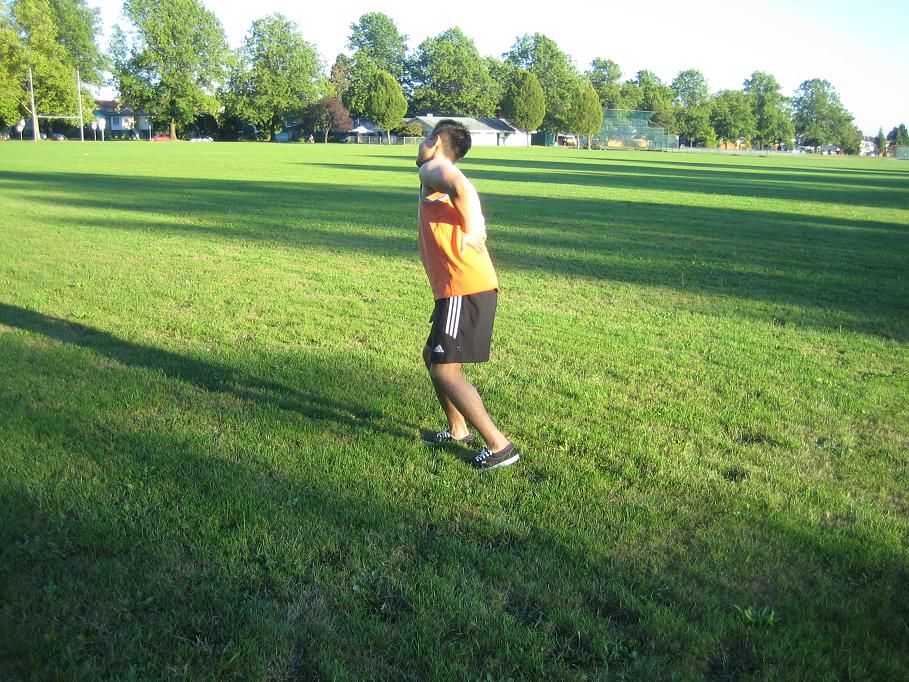An anal fissure is a small crack or rip in the coating of the anus. The break in the skin reveals the muscle tissues under it. This can happen during passing large or hard stools, constipation, diarrhea and straining during childbirth.
https://www.youtube.com/watch?v=EwJGpdq-pAw
It causes severe pain and bleeding during and after bowel movements. There is itchiness and burning sensation of the affected area. An anal fissure is a minor condition that usually heals in about 6 weeks. Infants and children are more susceptible to the condition but it can affect people of all ages.
Symptoms of an anal fissure
- A small tear can be seen around the anus
- Painful bowel movements
- Streaks of blood or mucus can be seen on the stool
- Anal itchiness
- Small lump of skin or skin tag can be seen near the tear
Causes
- Chronic constipation
- Diarrhea
- Straining during childbirth
- Reduced flow of blood to the anorectal area
- Tight or spastic anal sphincter muscles
- Crohn’s disease or another inflammatory bowel disease
Treatment
- Avoid constipation to prevent reopening of a healing tear. Drink at least 8 glasses of water every day. Consume foods rich in fiber content such as vegetables, whole grains, fruits and legumes every day.
- Take the prescribed over-the-counter stool softeners to prevent constipation and straining during bowel movements.
- Take a warm sitz bath to relax the anal muscles, lessen irritation and increase the flow of blood to the anorectal area. Soak the perineum for at least 15-20 minutes.
- Apply the prescribed nitroglycerine ointment to the affected area to increase the flow of blood and for fast healing of the condition. Another alternative is applying a topical pain medication on the affected area to lessen the pain and discomfort.
- After a bowel movement, wipe the anal area thoroughly using baby wipes. Avoid using toilet paper.
- Perform regular daily exercises for at least 30 minutes to promote healthy digestion and prevent the development of hard, dry stool that can cause anal fissures.
Tips
- Consume plenty of fiber that includes oatmeal, brown rice, whole grain pastas, breads and cereals.
- Prevent dehydration by drinking plenty of liquids to make the stool soft and easy to pass out.
- Do not ignore the urge to move to prevent making the stool hard and difficult to move out. Use soft, dye and scent-free toilet paper or wipes.
FACT CHECK
https://www.healthline.com/health/anal-fissure
https://www.nhs.uk/conditions/anal-fissure/
https://www.mayoclinic.org/diseases-conditions/anal-fissure/symptoms-causes/syc-20351424

